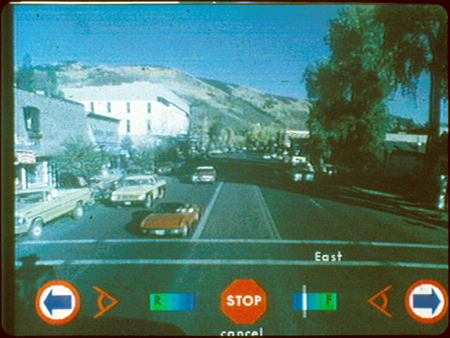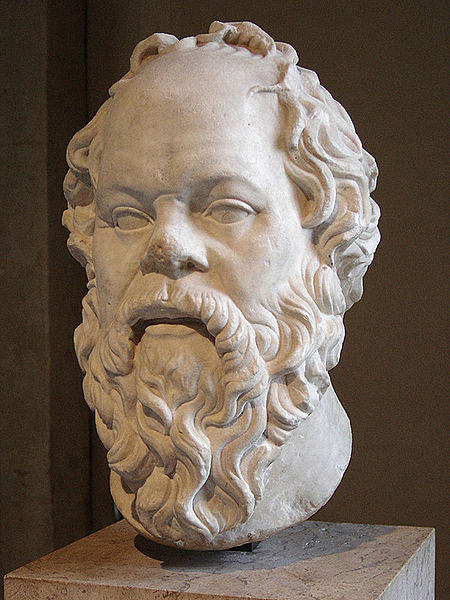The quick development of new technologies is transforming our lives dramatically in many aspects. One of them is literature. Nowadays, traditional books are living a little crisis due to the appearance of eBooks. An eBook (or electronic book) is, in plain words, a digital version of a traditional book.

An example of eBook: the new Sony Reader (model PRS-505)
So now you may be wondering why you should start using this new type of devices, right? The answer is quite simple: because they have a never ending list of advantages over traditional books. Let me illustrate this afirmation with a few examples:

